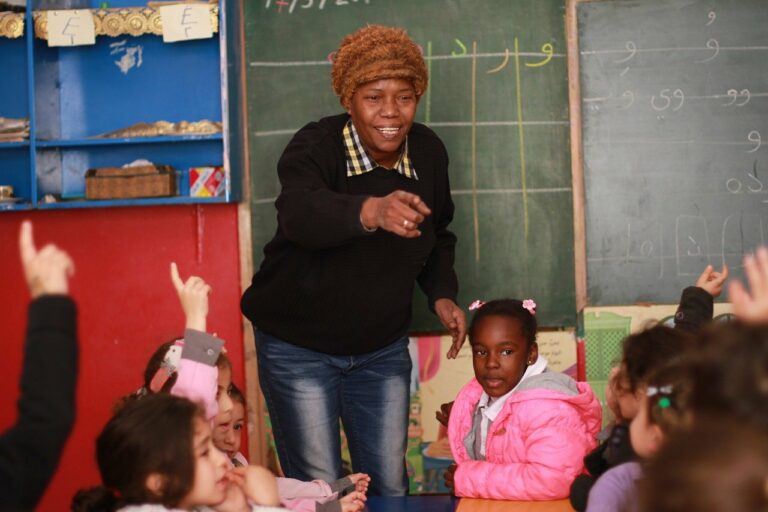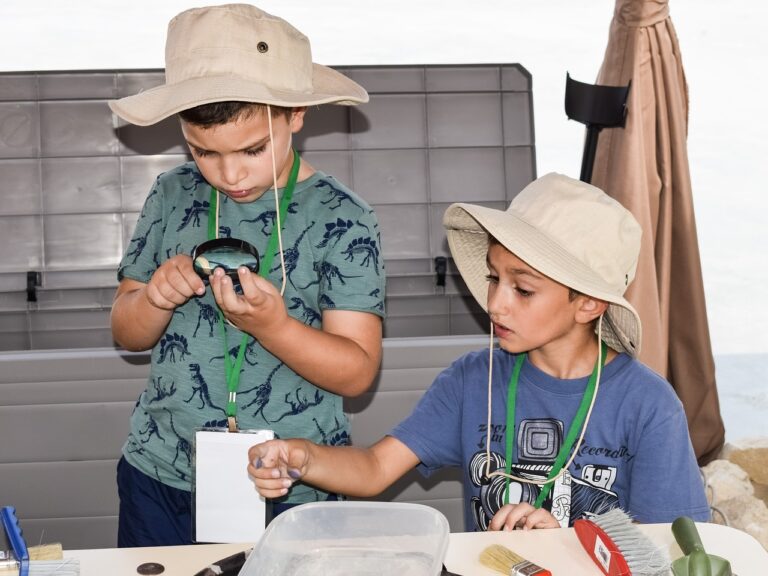Education and Alternative Assessments: Beyond Standardized Tests
Standardized testing can often be a one-size-fits-all approach to assessment, failing to account for the diverse learning styles and strengths of individual students. This can lead to limited insights into a student’s true abilities and potential, as well as the impact of external factors on their performance. Moreover, the pressure and stress associated with standardized testing can have detrimental effects on students’ mental health and overall well-being.
Furthermore, the results of standardized tests may not always be an accurate reflection of a student’s knowledge and skills, as they can be influenced by factors such as test-taking strategies, prior exposure to test formats, and the test-taking environment. This can result in unfair evaluation and comparison of students, as well as the overlooking of crucial attributes and capabilities that may not be captured by a standardized test.
Benefits of Alternative Assessments
Alternative assessments offer a more holistic approach to evaluating students’ knowledge and skills. These assessments provide a broader picture of students’ abilities, allowing educators to better understand individual strengths and areas that may need improvement. By diversifying assessment methods, alternative assessments can accommodate different learning styles and preferences, promoting a more inclusive and equitable learning environment.
Furthermore, alternative assessments foster critical thinking and creativity in students by emphasizing practical application of knowledge rather than rote memorization. This approach encourages students to engage actively in their learning process, fostering deeper understanding and long-term retention of information. Additionally, alternative assessments often promote collaboration and communication skills, which are essential for success in the modern workforce.
Types of Alternative Assessments
One alternative assessment method gaining popularity is project-based assessments. In these assessments, students are tasked with completing a project that demonstrates their understanding of the material. This can include presentations, research papers, and creative projects that allow students to showcase their knowledge in a practical way.
Another option is performance assessments, where students are evaluated based on their ability to apply what they have learned in a real-world context. This can include simulations, role-playing exercises, and hands-on tasks that require students to demonstrate their skills and knowledge in a hands-on setting. Performance assessments can provide a more authentic measure of a student’s abilities compared to traditional standardized tests.





